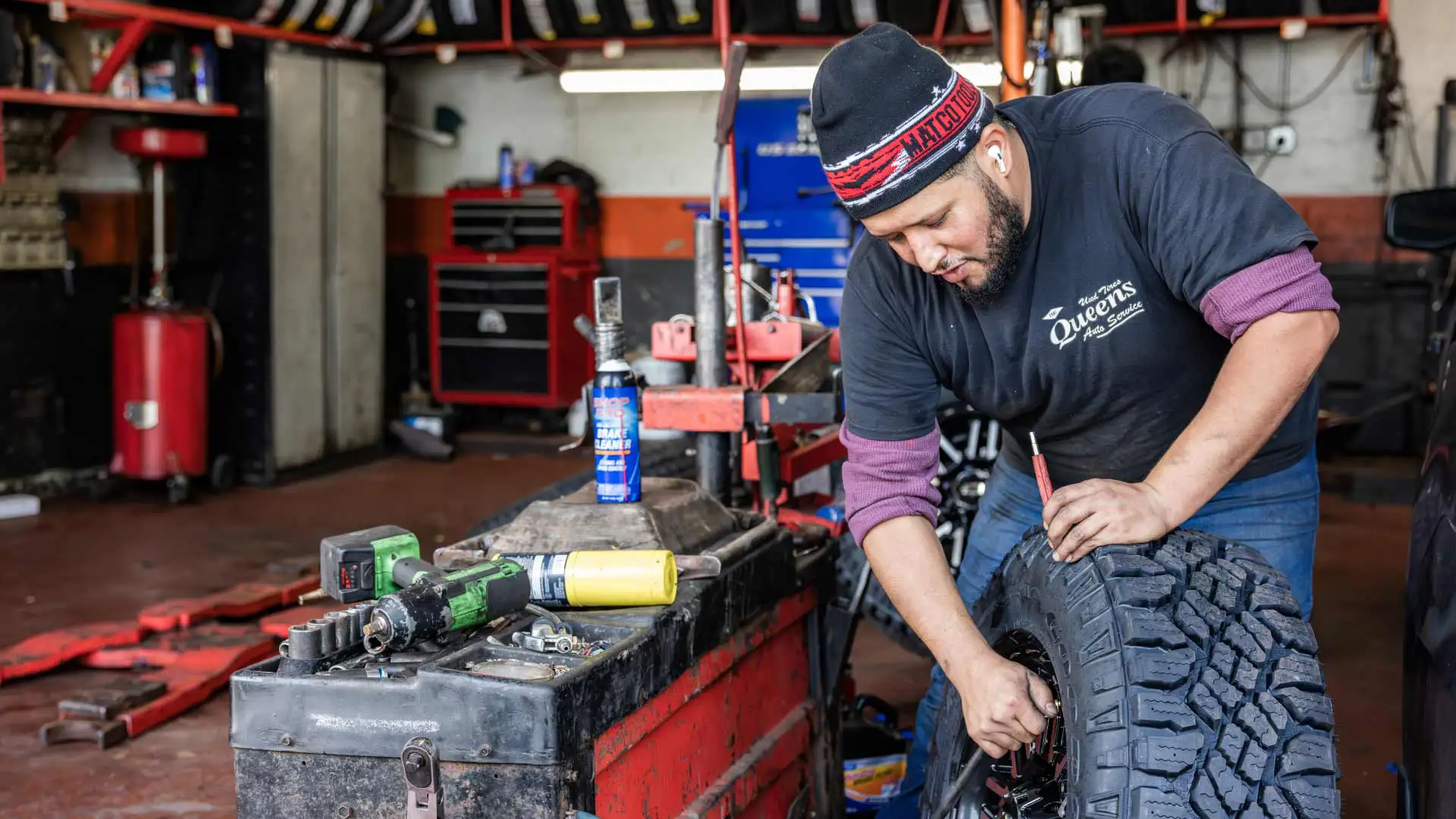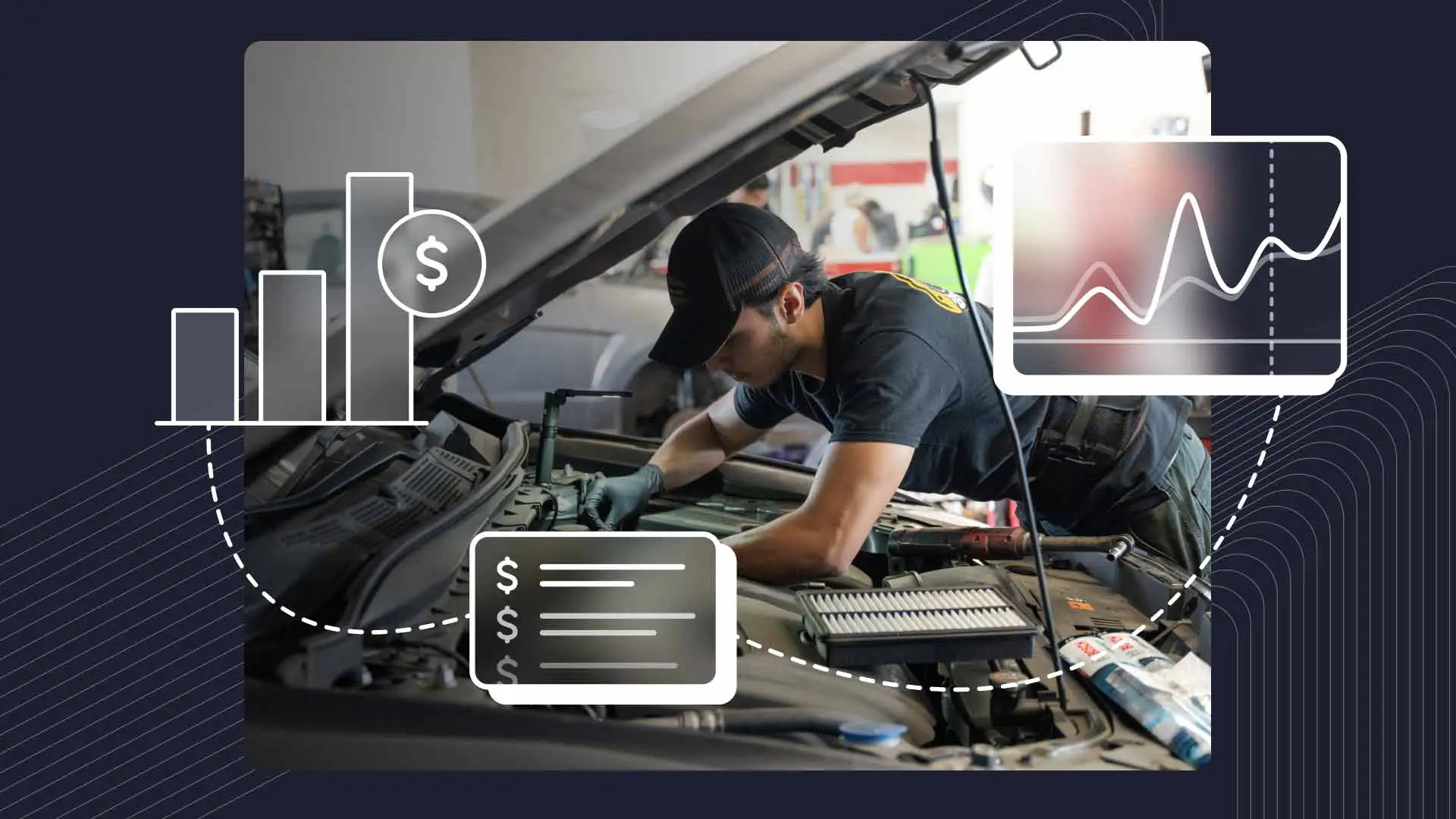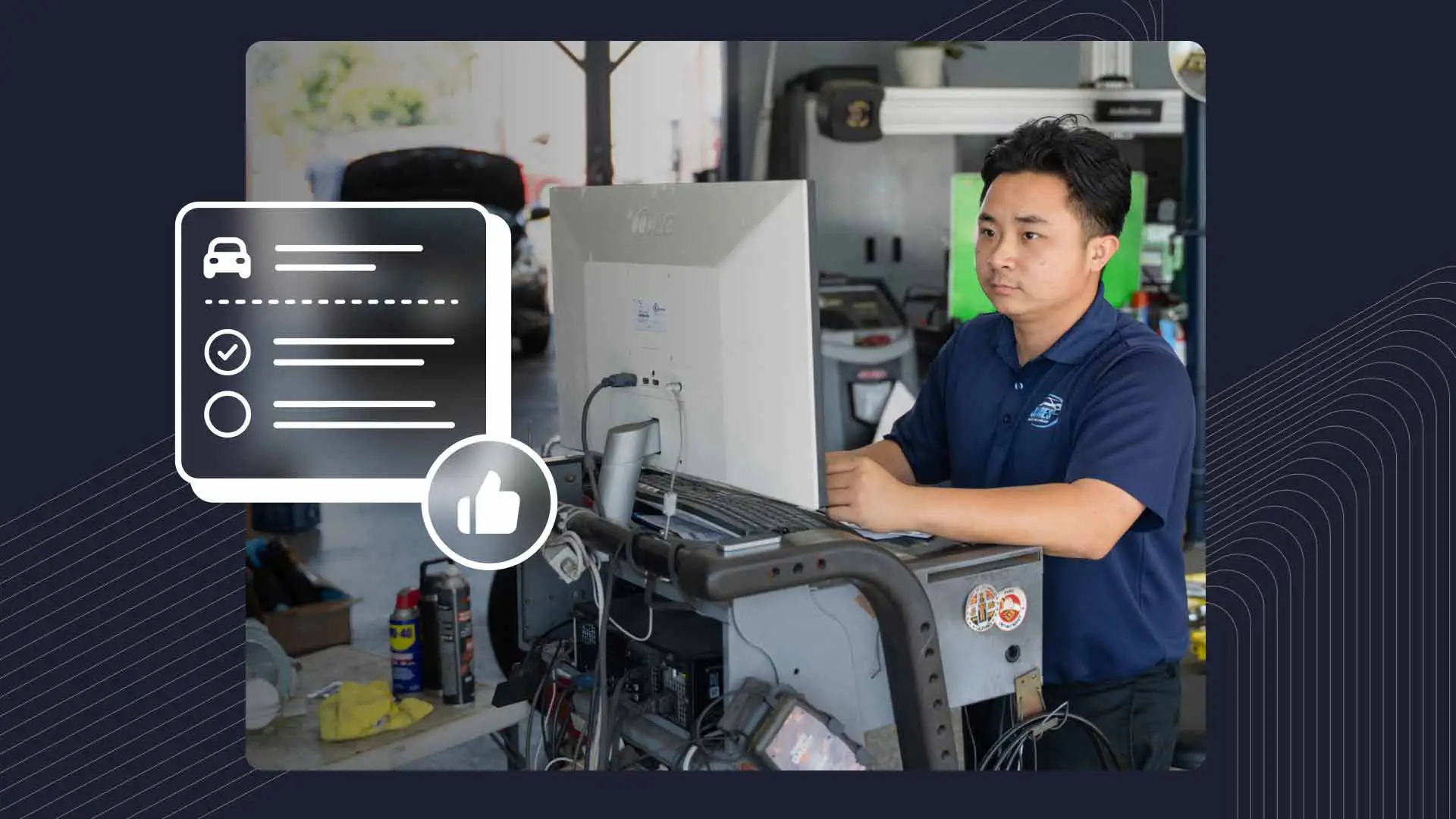Fraud is rising across all industries, and the auto repair industry is no exception. Every day, thousands of people get new calls that look local until we answer. There is no sound for a moment before there is a little "pop," and some random company is looking for our information or our money.
Scams happen every day, and the auto repair industry isn't immune to them. Your shop deserves protection because this is your life and passion, which is why we are here to expose what you need to know about scams targeting shops today.
The best way to avoid targeted scams is to be aware of common red flags and act quickly. Scammers target businesses that lack protocols, are trusting, and don't ask questions on large sales. Scammers are tricksters. They know how to manipulate the situation. Why are we talking about this today? Automotive shops are suffering from scams that look like lucrative relationship opportunities, and in this economy, it is easy to think the windfall is real.
Scammers are on the prowl, contacting shops and attempting to push through orders for tires.
Let's set the stage, shall we?
It all starts with a phone call. The nice person is asking if tires are in stock because they'd like to place an order. This new customer will place an order for roughly 4 - 8 Tires. They claim to be a business needing large quantity tires and are looking to establish a relationship with your shop. This creates the illusion/promise of more tire sales, implying that this relationship could bring in $$$ revenue for your shop.
The bad actor then waits a day or two before placing another order for tires, but this time, it's for a higher quantity. They advise you that they can not come into the facility but will send a driver "in the area" to pick up the tires…or a business associate. This is a red flag because it prevents you from validating the cardholder or obtaining any kind of signatures. As the days go on, the scammer will inundate you with multiple calls, texts, and emails but will most certainly be putting in numerous tire orders, racking up the "sales" in the ballpark of $35,000.00 - $80,000.00. The card they gave you didn't work, so you ask for another. They say there is an issue with their new card, so they give you another and another.
While this is happening, you get an alert that there is a dispute. You contact your new customer, but it's all radio silence. They are never to be heard from again.
Red flags
The order is out of the blue.
Rush to pick up tires.
The cardholder is never present in person; all communication is over the phone or text/email.
Sends other "associates" to pick up the tires.
Causes escalation if you ask questions about validating the sale - - Threatened to take their business elsewhere.
They give multiple credit cards with different AVS (zip code for validation).
Do not run multiple cards at different amounts attempting to pay an invoice.
Asks you to ship item(s) to an address that does not align with the business need (ship to an apartment) and request expedited shipping.
That feeling in your gut that things are not adding up or not right. Remember, approval of a card transaction does not mean it will not result in a dispute. It verifies that the requested funds are available on the card.
Okay, but why do scammers want tires?
Tires are a risk item because tires have a high resale value that cannot be traced. Just think, have you seen tires for sale on Facebook Marketplace? or a local vendor?
Tires carry value, and everyone needs them. A scammer looks to make bulk purchases back to back for a quick turnaround. It is really likely that the cards used are stolen. Scammers need to push as many transactions as possible before the actual cardholder notices the fraudulent activity on their card.
How to further validate your customer:
Ask for the customer's driver's license or issued state ID and match it to the card being used.
Obtain signatures when items are picked up or delivered.
Search the individual/business and the reputation of the company they say they are representing (if applicable) on Google or social media.
Inspect the ID/credit card being used. Does it look legitimate? Are there misspellings? Are lines crooked?
Ask for additional information to complete your validation:
Billing address
Email address
Phone number
If the customer becomes irrationally upset, that should give you pause; a legitimate customer will appreciate your due diligence.
If you still have concerns, you can ask for a different form of payment - cash or cashier's check.
Remember you have the right to validate your customer, ask questions, obtain validating documentation, obtain signatures for charges and when items are picked up or delivered, and most importantly, you have the right to refuse the sale.
These transactions lead to DISPUTES. The dispute will come in as fraud; when disputes happen, you must respond to the cardholder's bank with compelling evidence to challenge the dispute. In these cases (this scam), you will not have any signed documentation or compelling evidence to fight the dispute because of the pressures inflicted by the customer. When you try to contact them, it will be like they never existed in the first place. This is because they already have possession of the tires and have moved on to the next victim.
If you suspect fraud at any point, you should pause and properly vet your customer. It is best to refund the transaction instead of waiting for it to result in a dispute.
Spot and prevent fraud
S - Suspicious/ unusual requests from a new customer
Bulk purchases
Back to pack orders
Requires overnight or expedited shipping
Communication never in person
Asks you to wire THEM funds
Asks you to refund the charge on a different card
P - Pushy/ persistent Behavior
Rushes all charges
Insists that you run multiple cards or break up the payments
Threatened to take their business elsewhere
O - Out of the blue
Is this type of order normal for your shop?
Are you surprised by the amount of items being ordered?
T - Too good to be true
If it's too good to be true, it usually is. Pause and fully verify your customer, obtain proper documentation and validation.
You can mitigate risk.
Implementing best practices, such as obtaining relevant details at the time of sale, using signatures, and being aware of suspicious activity, will help mitigate the risk associated with accepting card payments. But we also know a second pair of eyes can make all the difference – and we are here to help.
Scams are avoidable, but only if you know what you are looking for. Shops suffer from their own brand of scams, just like everywhere else. Staying in the know about the trends or red flags is your best defense against unsavory people looking to turn your livelihood upside down for their own benefit. On the plus side, if you use Shopmonkey, we have in-house fraud prevention teams you can contact for help and questions. Don't let your shop be the victim and stay guarded; trust your gut and ask questions; scammers hate that, but customers don't.





